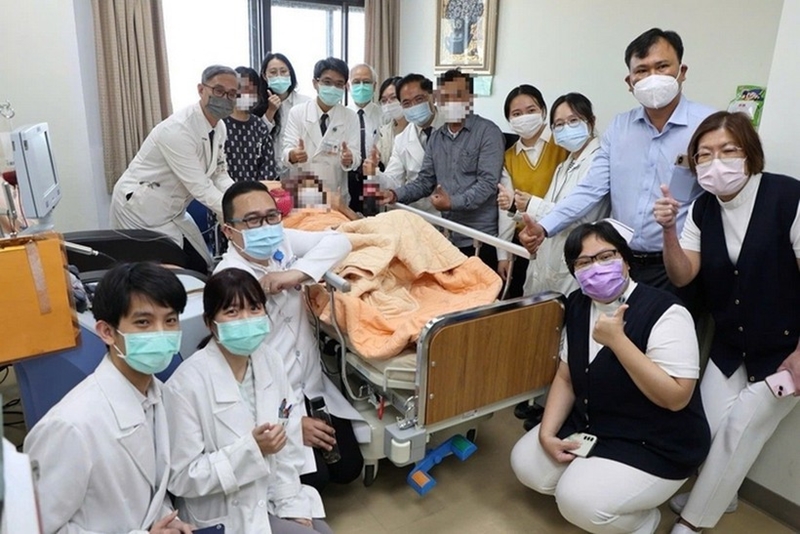This is the most advanced and challenging cancer treatment method available today.
    |
 |
|
After more than a year of CAR-T cell infusion, the patient's health is stable, and she is still under continued treatment and monitoring at the hospital. (Photo: Blood Transfusion – Hematology Hospital in Ho Chi Minh City) |
This information was shared by the hospital’s Director Prof. Dr. Phu Chi Dung at the 8th Vietnam Blood Transfusion and Hematology Conference, the 8th Vietnamese-French Open Conference on Transfusion – Transplantation – Cell Therapy, and the 30th Congress of Asia – Pacific Blood and Marrow Transplantation, which simultaneously opened in Ho Chi Minh City on September 16.
The patient, a 12-year-old girl, was diagnosed with high-risk B-cell acute lymphoblastic leukemia. After undergoing chemotherapy, she experienced a first relapse and was then given a half-matched bone marrow transplant from her father, but still relapsed a second time.
Doctors at the Blood Transfusion – Hematology Hospital in Ho Chi Minh City and Taiwanese experts have used the CAR-T therapy, an immune therapy that uses the patient's own T cells genetically modified in a laboratory to recognize and destroy cancer cells.
After more than a year of CAR-T cell infusion, the patient's health is stable, and she is still under continued treatment and monitoring at the hospital.
This method offers numerous advantages over traditional treatment options, including fewer side effects, high treatment effectiveness, prolonged survival for patients, and significantly improved quality of life after treatment.
In particular, the CAR-T therapy has the potential to generate long-lasting immune responses, helping to reduce the risk of disease recurrence. However, the greatest challenge of this therapy today is its extremely high treatment cost as the production of CAR-T cells requires complex technology and advanced equipment.
Director Dung said the hospital is gearing up infrastructure and manpower, along with support from foreign experts, to produce CAR-T cells in Vietnam to cut the cost.
Source: VNA